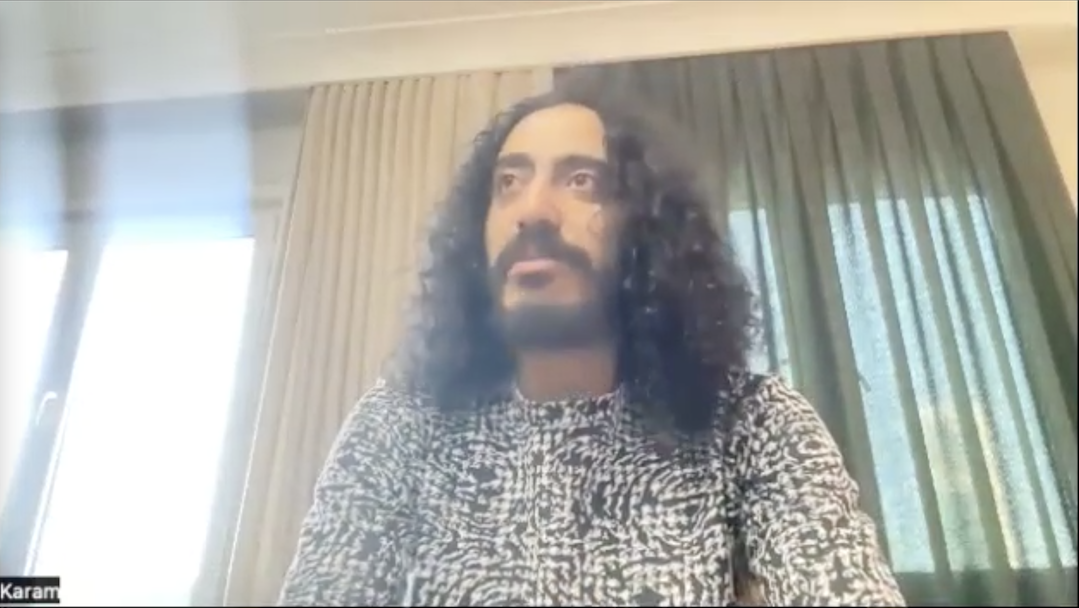There is an educational website for beginning crypto users called ZeFi. The site has helpful introductory lessons, some interesting articles and a look of sincerity, much like other sites. However, none of it is that different — at least not in English. Its special feature is the language button in the upper right corner that reveals the Arabic version of the website.
“There is really nothing about blockchain in Arabic. […] And once you find something in Arabic, it is mostly influencers that are trying to pump and dump coins,” ZeFi founder and CEO Karam Alhamad said. The Arabic version of ZeFi is fuller than the English. It has culturally informed examples and starts with the very basics.
“ZeFi started with the idea of explaining what is money first” to people who “have never used banks, or credit cards or PayPal, people who have no sense of what money is,” Alhamad said. To figure out how to explain blockchain, Alhamad and his associates went to their grandmothers to start.
ZeFi began as a Telegram group and made its premiere online in March of this year. It also retains its connection to the telephone. Internet access is scarce in some of ZeFi’s service areas, which is mainly Syria and Iraq, but nearly everyone has a mobile telephone, Alhamad said.
Translation challenges were everywhere — bull markets and bear markets, for example. Even “blockchain” was hard to translate, and it was hard to explain against a background of monarchies and dictatorships, where the centralization of power and order is complete. Nonetheless, ZeFi developed vocabulary and is now working on a technical dictionary with graphics.
From petroleum engineering to civil society
Alhamad is a first-year student at the Yale Jackson School of Global Affairs. He got there by a circuitous route that began at a Syrian college in 2011 when Alhamad was studying petroleum engineering and the Syrian uprising broke out.
The uprising was “a new purpose, a new goal,” he said.
Alhamad became an activist and was detained by authorities four times between 2011 and 2013. The fourth time, he was held for nearly a year in an overcrowded underground facility. But he was not deterred.
It was after his final imprisonment, when he was working for civic society groups, is when Alhamad first heard of cryptocurrency.
“It’s hard to send money,” he said. “I know it’s a very limited aspect of crypto in terms of transactions, but it’s…
Click Here to Read the Full Original Article at Cointelegraph.com News…
























